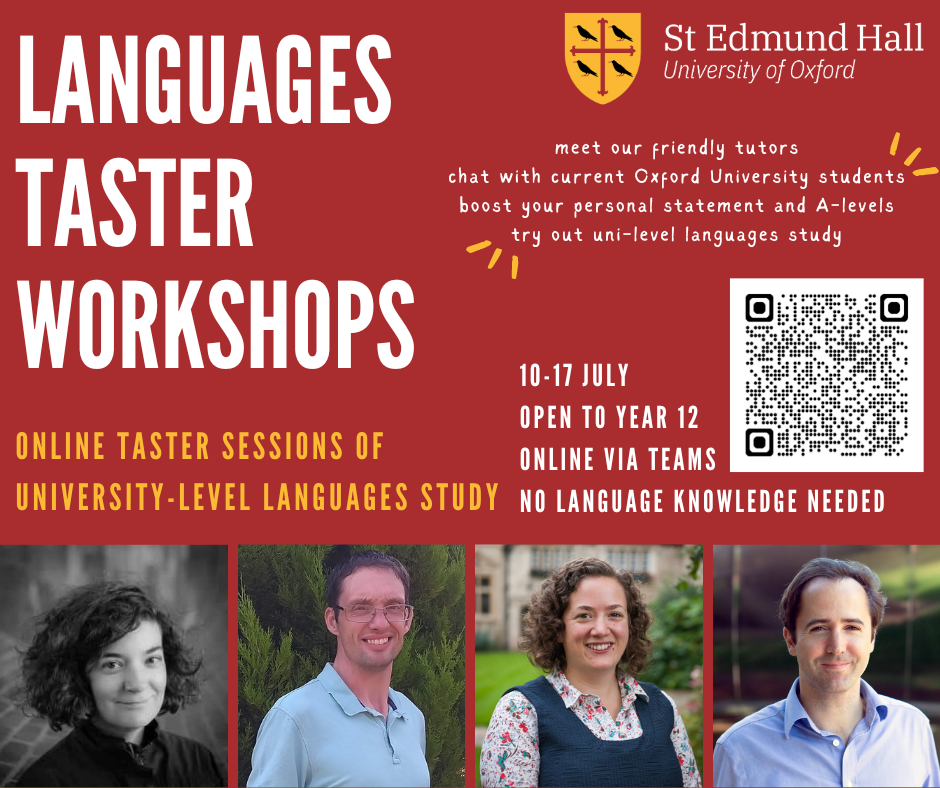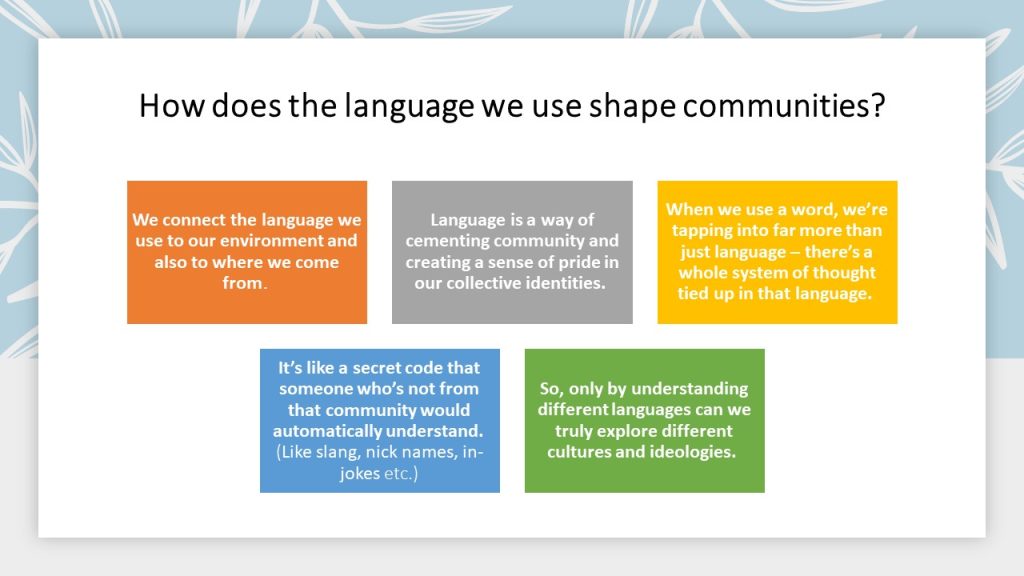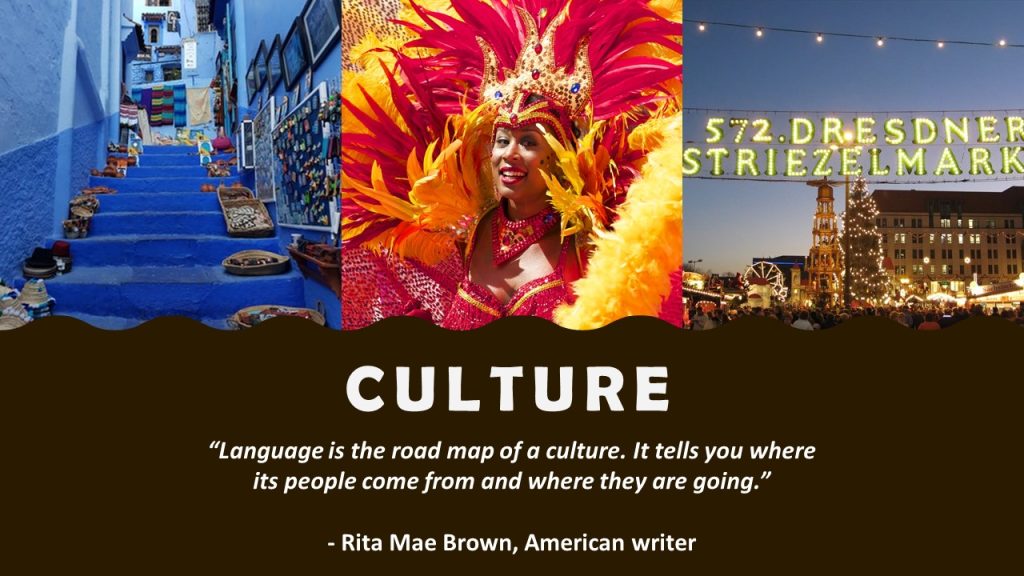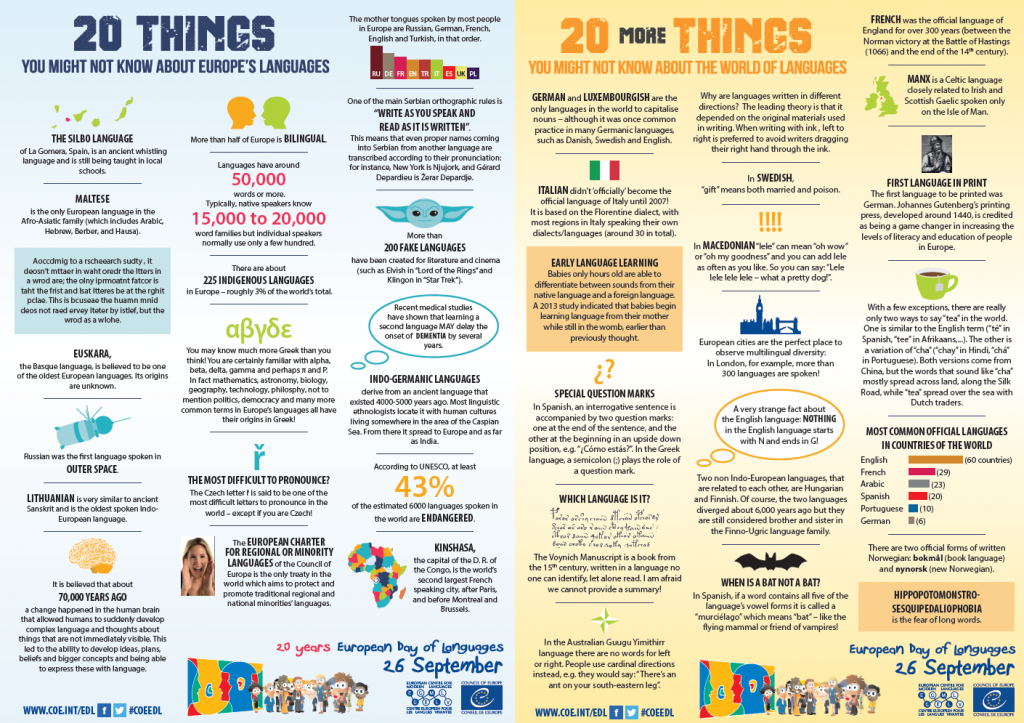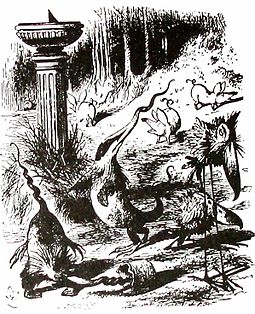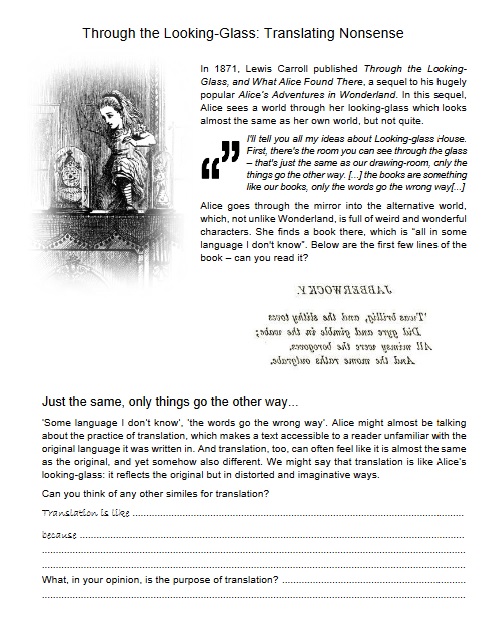Calling MFL, EAL and English teachers! Bring creative translation into the classroom this summer with the Stephen Spender Prize 2025!
The Stephen Spender Prize is an annual competition for poetry in translation that celebrates the creativity of young people across the UK and Ireland – and their teachers! The Prize has categories schools, teachers and individual young people, which welcome translations from all languages, as well as a special ‘Spotlight‘ strand that each year focuses on a different widely spoken home or heritage language.
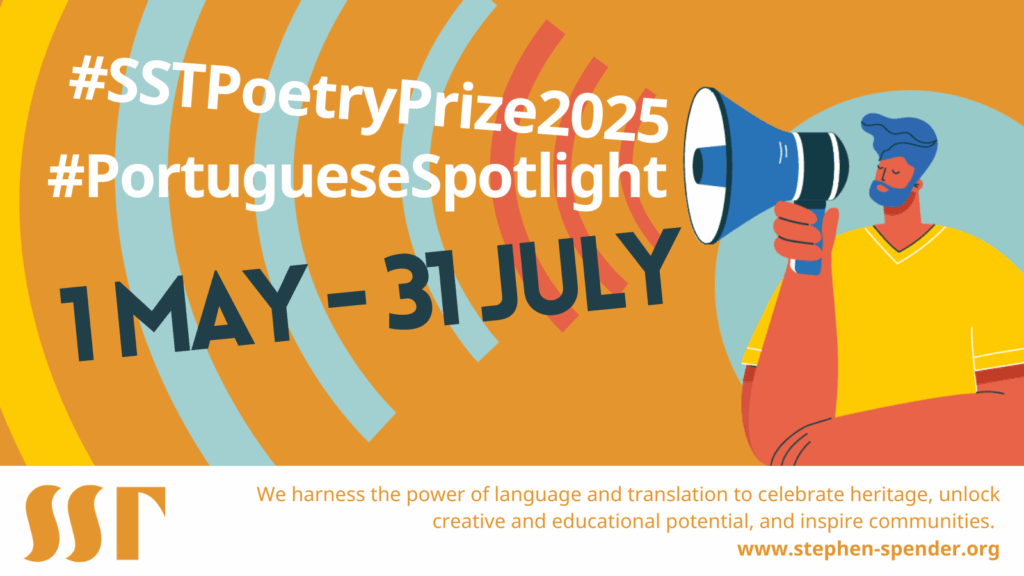
Open for entries 1 May to 31 July | Free entry for all young people and teachers in the UK and Ireland!
Whether you’re an MLF, EAL or English teacher, and whatever the languages taught and spoken in your school community, the prize is a perfect way to engage students of all ages this summer term.
Teachers can register here to receive classroom inspiration and activity ideas throughout the prize window, and you can follow all the latest news on our website and social media channels below.
Ready to start planning and working on your entries? Visit our Guide for Teachers page for all the key information about the prize at a glance, and explore our Stephen Spender Prize Resources hub for Teaching Resources and Student Resources to guide you and your pupils through every step of entering the prize.
If you have any questions, please feel free to email us at prize@stephen-spender.org. We hope that many of you and your students will get involved this year!
Website: www.stephen-spender.org | X: @StephenSpender| Facebook: @StephenSpenderTrust | Instagram: @stephenspendertrust | Bluesky: @stephenspender.bsky.social

